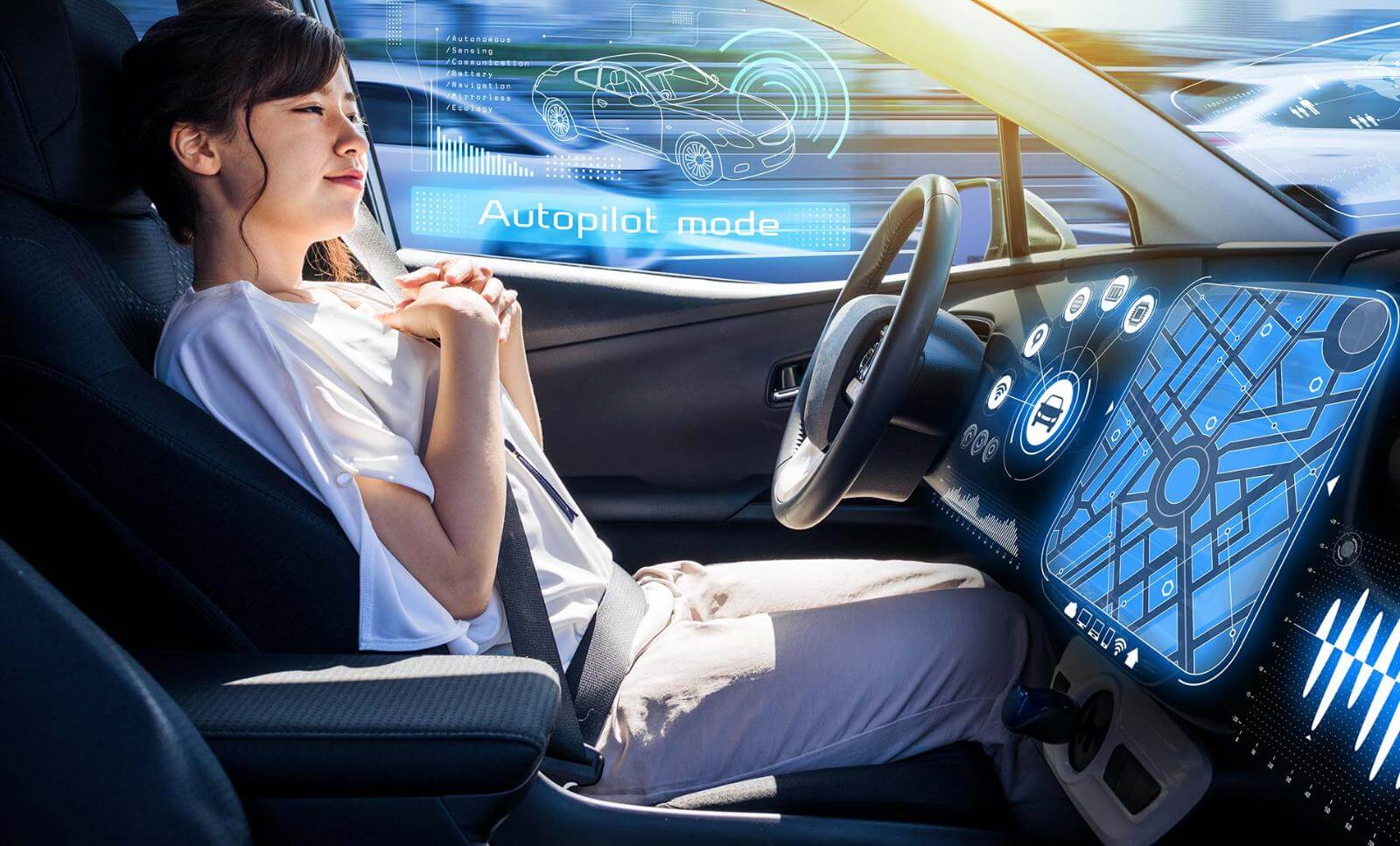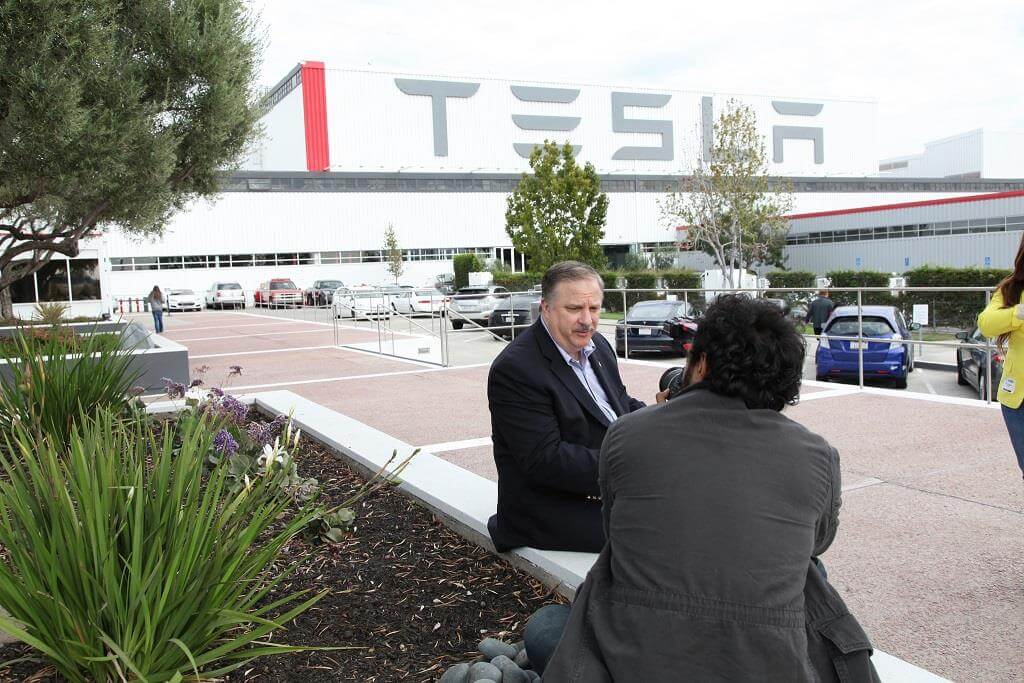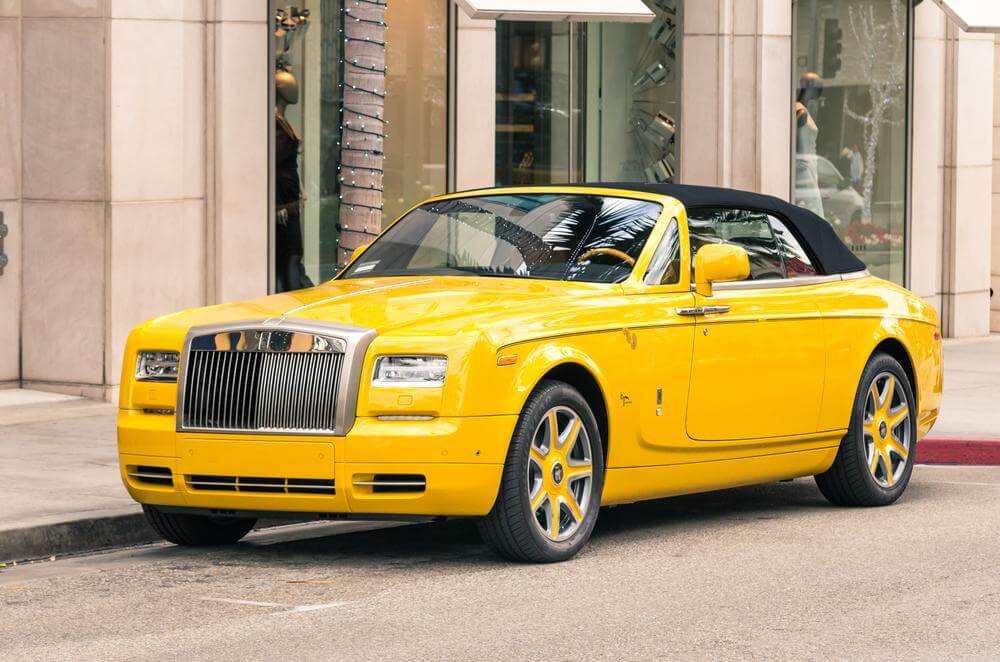Auto insurance is a large industry, with millions of policyholders, and new people buying car insurance policies every day. The traditional market for auto insurance policies has remained the same for decades. But a change is coming, and it is being brought by machines.
There has been a rise in the number of cars that can drive themselves with little or no human input. “Driving itself” is very liberal use of the words, as these cars are not completely self-driving. But what they can do is very impressive and promising.
For example, cars from Tesla are capable of driving at a constant speed, detecting incoming cars, cars in front, and any things that come in between. It can stop, slow down and even change lanes depending on the challenge ahead.
While the company says that a human needs to be active while the auto-driving feature is on, the day is not that far ahead when cars with complete autonomous driving will be available. It will make driving more productive, but what about auto insurance?
What would happen to the auto insurance market when self-driving cars are as common as a Honda or a Toyota? Will self-driving vehicles eliminate the need for auto insurance? Let’s find out.
The State of Self-Driving Vehicles
Not many cars today come with self-driving capabilities. One can only think of a Tesla when thinking about self-driving cars. But some other features are very basic, yet come under the self-driving category. ADAS, for example, is one such feature that offers some self-driving capabilities, albeit very basic.
When it comes to a car being completely driven by itself, the most advanced mass-produced car is from Tesla. But it is very far behind from becoming truly autonomous. Tesla is considered to make level 2 autonomous cars.
Five levels define the capabilities of self-driving cars. Level 0 is not autonomous at all level 5 is completely autonomous. A level 5 car will not require any human interaction and will drive itself just like humans drive. Tesla is at level 2, so there’s a long way to go.
Risks of Accidents
The safest way of transportation is air travel. With millions of flights around the globe every year, only a handful of accidents are reported. The most unsafe way to travel is by road. Now if we try to correlate something, we get to know that when machines drive, travel becomes much safer.
Since planes are almost always self-drivers with a high level of autonomy, they are quite safe. This is not the only reason why planes are safe, but a big contributing factor.
There is no doubt that cars with better artificial intelligence and self-driving capabilities will reduce the number of accidents and make the roads safer. With the reduced risk of accidents, the number of cars would also increase. But would you still need to buy auto insurance?
Need for Auto Insurance
The entire auto insurance industry works because of the high risk of road accidents. You buy liability insurance to ensure that you do not have to pay for the other driver’s medical treatments and repairs.
Similarly, collision and comprehensive policies are bought just because cars are very likely to get damaged in a road accident and the cost of repairs is always very high. But what happens if the rate of accidents plummets? Since there are hardly any accidents, the price of repairs will also go down.
In this case, would anyone buy car insurance policies? Today, the most advanced autonomous car regularly seen on the roads is Tesla. But Tesla does not eliminate the need for auto insurance. You still need to get all the important auto insurance policies like liability insurance, personal injury protection plan, etc to legally drive a car.
Tesla cars also get in accidents, even in autonomous modes. But a level 5 self-driving car will be smart enough to drive itself while avoiding any car accidents. And if all the other cars come with the same capabilities, with better roads and intelligent monitoring systems, road accidents will truly become rare.
But auto insurance would still be around, but not as expensive as it is today. Perhaps you would be able to pay all the different policies (liability insurance, collision, comprehensive coverage, personal injury protection plan, etc) at just $200-$300 per year. How do we extrapolate this data?
Take a look at comprehensive coverage. While it covers theft and other human-induced damages, many people buy comprehensive coverage to cover the cost of damages due to earthquakes, fires, floods, hurricanes, etc.
The chances of your car getting damaged in a natural disaster are very low, yet people get this policy to be on the safe side. Comprehensive coverage is also quite cheap, so it doesn’t hurt the wallet too much. This will be the condition of all car insurance policies when self-driving cars are everywhere.
But that utopia is far ahead, at least 10-15 years from now. Today, you need to get multiple policies and pay a hefty price for them. Avoid paying too much for car insurance policies by comparing multiple vehicle insurance companies and getting quotes from them.
Be specific about the search as well. For example, if you live in Wisconsin, look for cheap car insurance companies in Wisconsin and select the company that offers the best coverage at the most affordable price. Remember to not put too much weight on just the affordability. The insurance policy must also provide great coverage.



























